What the heck is CRISPR and why did two women win a 2020 Nobel prize in chemistry for an acronym? CRISPR is a game changer. CRISPR is science that will change lives.
WHAT IS CRISPR? A GENETIC SCISSORS
CRISPR is a genetic scissors. No not Louie’s scissors! (which I had to take away, he shouldn’t be playing with scissors)
The term CRISPR comes from ‘clustered regularly interspaced short palindromic repeats’
That’s a mouthful. No wonder they came up with an acronym.
PALINDROMES
Palindromes are words, phrases, or sentences that repeat backwards or forwards, such as ‘Madam, I’m Adam.” Or the date 02/02/2020.
So the term ‘…palindromic repeat’ is –technically–redundant.
There will be two palindrome weeks in 2021.
This hysteria begins again on 12/1/21!
Okay, so CRISPR is a genetic scissors.
What are we cutting with the genetic scissors? Genes!
WHAT ARE GENES? WHY DO WE WANT TO CUT GENES?
Genes are a section of DNA. Long strands of DNA with lots of genes make up chromosomes.
Any given gene section along the DNA can be thought of as an instruction manual.
The gene sections have instructions encoded. The instructions allow any given cell to produce a specific product – usually a protein, such as an enzyme – that triggers one precise action.
Sometimes, these gene sections go haywire, and instruct the cells to make a product that does not help the body. Enter genetic diseases.
WHAT IS CRISPR AND DNA
Lucky for us, the DNA molecule has been sequenced! We can read the cell instruction manual.
In DNA sequencing, we are determining the order of nucleotides in a strand of DNA. Nucleotides are the molecules or building blocks of DNA. (pic on right)
Every organism’s DNA consists of a unique sequence of nucleotides.
Many amazing scientists have contributed to biochemistry and genetics. There will be many more!
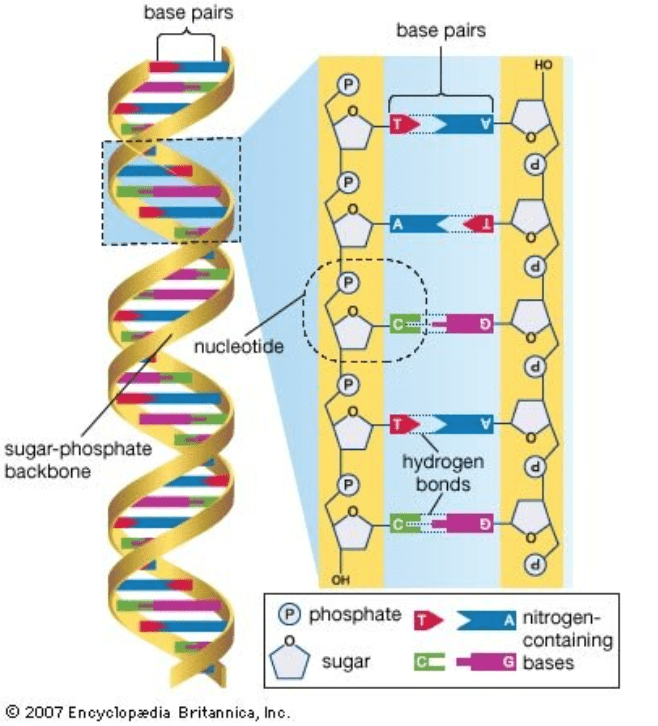
To find ways to treat diseases at the genetic level, is to edit them. Sorry, I sound like Yoda now.
WHAT IS GENE EDITING?
First, researchers need to modify genes in cells, so they can ascertain which segment on the DNA causes a specific disease, or which segment on a plant makes it so tasty to insects. They can’t change the gene code until they know what the code is.
This used to be time-consuming, difficult and sometimes impossible work.
2020 NOBEL PRIZE IN CHEMISTRY : Cas9 Genetic Scissors
Enter…CRISPR!
In 2012, Emmanuelle Charpentier and Jennifer A. Doudna collaborated. They discovered one of gene technology’s sharpest tools: the CRISPR/Cas9 genetic scissors. Using these, researchers can change the DNA of animals, plants, and microorganisms with extremely high precision. This technology has had a revolutionary impact on the life sciences, is contributing to new cancer therapies, and may make the dream of curing inherited diseases come true.
CRISPR IS LIFE-CHANGING!
No wonder they were awarded a Nobel Prize.
Using the CRISPR/Cas9 genetic scissors, it is now possible to change the code of life (genes, made up of those nucleotides above) over the course of a few weeks.
CRISPR: HOW DOES IT WORK?
The genetic scissors can be used to edit a cell’s genome with incredible precision – for example, it can cut out a dysfunctional gene associated with a hereditary illness.
And if the healthy version of the gene is also delivered to the cell, the cell’s own repair system will then incorporate the healthy strands right where it was cut. Forevermore the cell with replicate the healthy code. It has a new instruction manual!
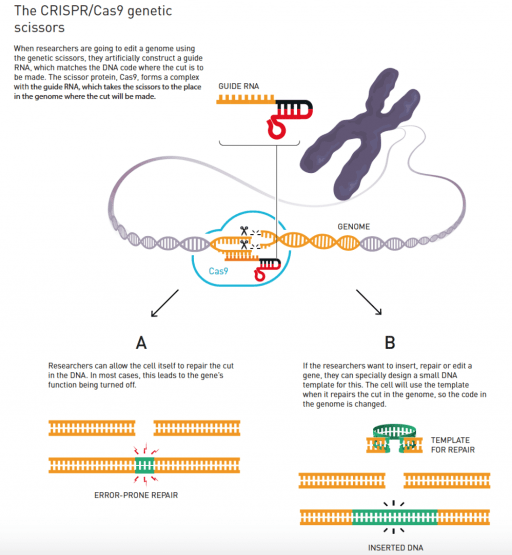 © Johan Jarnestad/The Royal Swedish Academy of Sciences[/caption]
© Johan Jarnestad/The Royal Swedish Academy of Sciences[/caption]
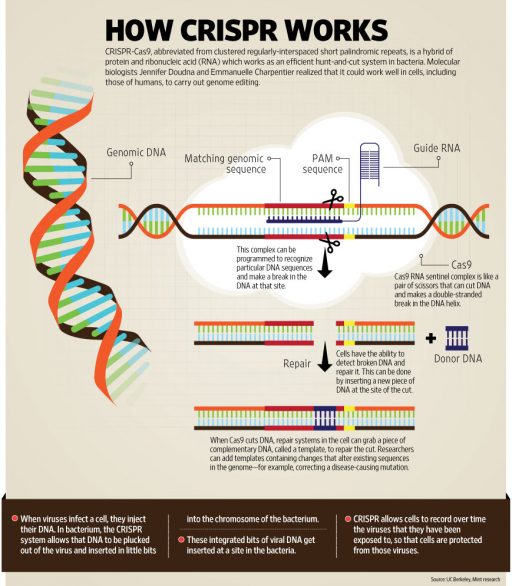 courtesy UC Berkley[/caption]
courtesy UC Berkley[/caption]
HOW DOES CRISPR GET INTO THE CELL TO CHANGE IT?
With something called a vector.
A common delivery system is…a virus! I know, seems so strange, but as we all know, viruses are excellent at getting into our cells and wreaking havoc. Scientists use only a portion of the virus –the same way they do for many vaccines <for more on the SCIENCE OF VACCINES, I have a great blog post here!> so it’s perfectly safe and the virus doesn’t cause us to become infected.
AAV is commonly used as a delivery system. It was first discovered in 1965! Big milestone!
AAV is now modified so it can get inside many different types of cells: liver, kidney, eyes, and the central nervous system.
Crossing the blood brain barrier (getting the vector into our central nervous system) is a major advancement toward the treatment of genetic diseases with gene replacement therapy.
WHAT IS CRISPR? SCIENCE THAT WILL CHANGE LIVES
I’m sure you realize now just exactly how fantastic it is to precisely speed up gene editing.
In theory, CRISPR would be able to correct diseases such as sickle cell anemia. (remember SSA is caused by a single base change /one gene gone wrong.)
Think of it like this: A technician would take (bone marrow) cells out of your body. (Bone marrow is where red blood cells are made.)
The cells would be be modified in the lab, and then put back into you. Your DNA would no longer make the sickle cells but produce normal red blood cells.
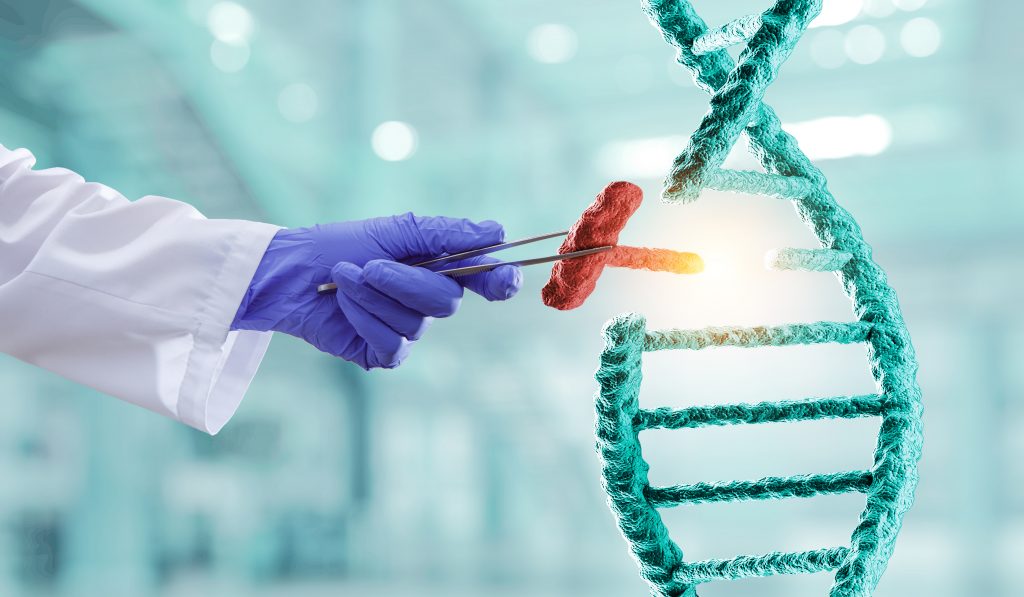
You’d be cured of that disease forever and ever—all because of a procedure you went through when you were five years old. You’re done, you’re fixed.
CRISPR & WORLD HUNGER
The ability to cut any DNA molecule at a chosen site has huge potential – from treating genetic illnesses
to creating disease-resistant crops and increase crop yields
to making beer more cheaply or alter dairy products so they won’t spoil as quickly.
So CRISPR is not just about curing human diseases! It’s going to help combat world hunger. (maybe not the beer part…)

CRISPER FEARS
Of course there has to be a negative…
In 2018, Chinese scientist He Jiankui revealed he had helped make the world’s first gene-edited babies. His goal was to engineer resistance to infection with the AIDS virus. His work was denounced as unsafe human experimentation, and he has been sentenced to prison in China.
The CRISPR editing I’ve discussed is done after birth, to an individual, or to crops for a higher yield, or to make food less susceptible to bacteria.
Scientists fear CRISPR will be misused to make “designer babies” via altering eggs, embryos, or sperm. These are changes that can be passed on to future generations.
GENE THERAPY : A GAME CHANGER
Sure, we could write another dystopian novel about all this. In fact, I might! This science is cool and amazing. Magical!
The CRISPR/Cas9 genetic scissors has taken botany, biology, biochemistry, and genetics into a new epoch and can bring great benefits to humankind.
Trials have even shown how CRISPR delivered genetic modifications can spread through populations of mosquitoes and stop malaria infections! Imagine eliminating malaria, the way we’ve done with smallpox.
(For more on the science of vaccines, I’ve got a great post here!)
CRISPR : THE SCIENCE IS IN ACTION
And in the face of the Covid-19 pandemic, researchers have found ways to use CRISPR in rapid coronavirus diagnostic tests. Proposals have been made to use it to attack the virus’s genome.
CRISPR is used to treat acute lymphoblastic leukemia.
In 2017, the FDA approved another gene therapy for an inherited form of vision loss!
More than 2,600 gene therapy clinical trials are ongoing, have been completed, or approved worldwide.
Now that you may know more about the science behind CRISPR and the Cas9 genetic scissors, what do you think about it?

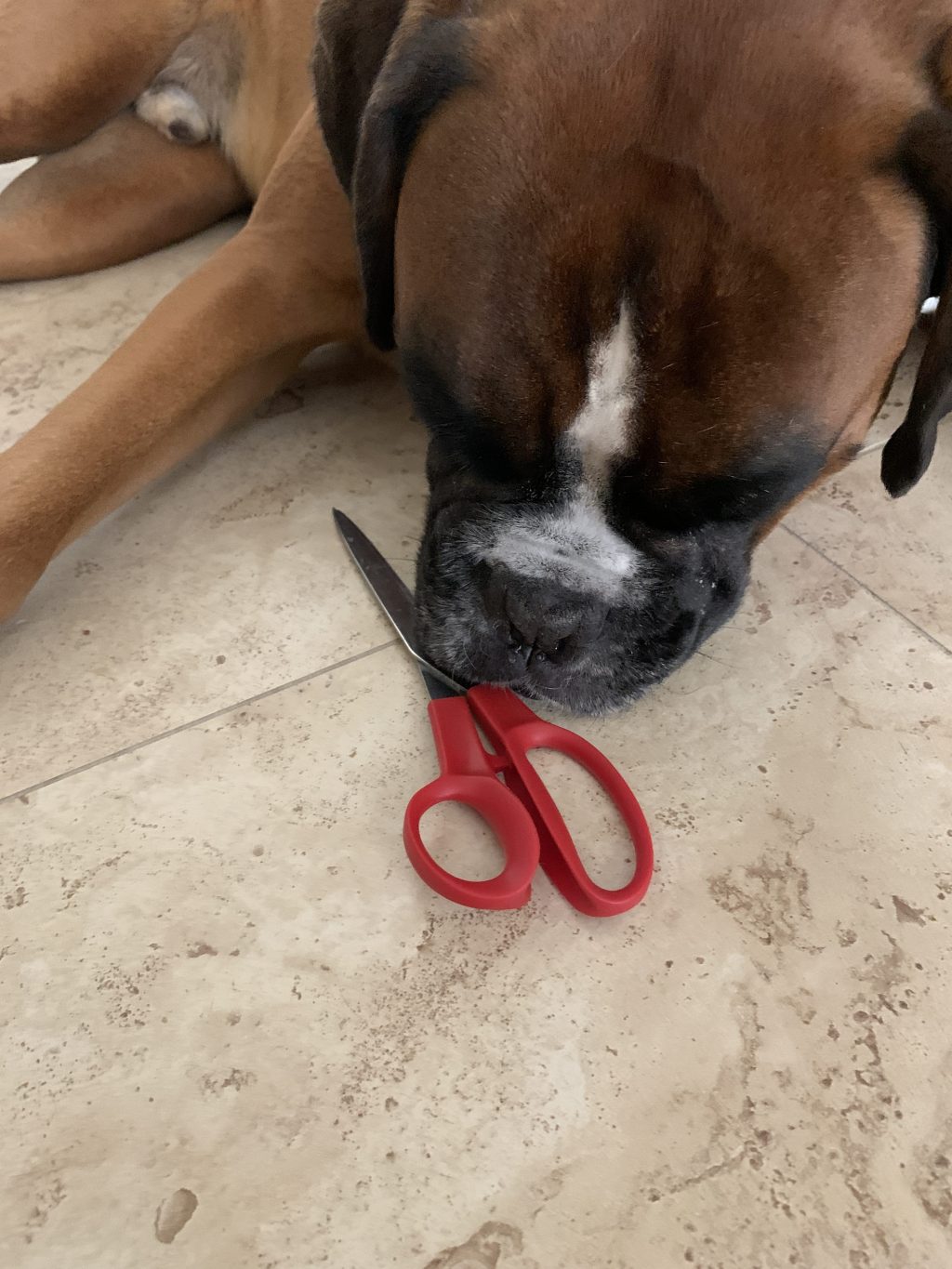
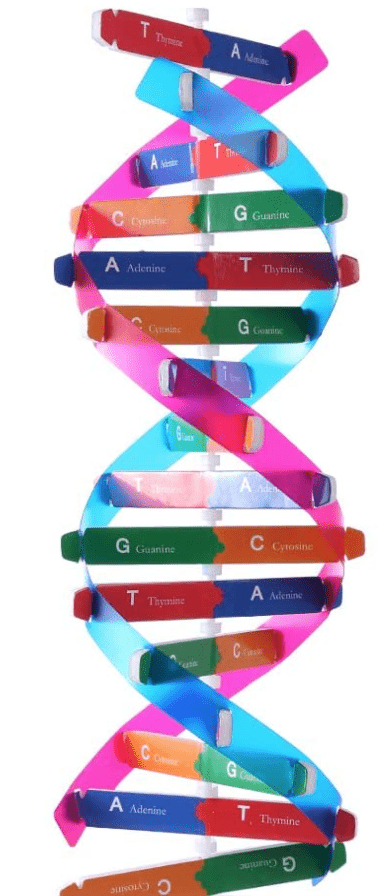


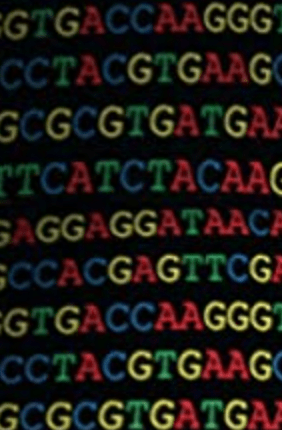
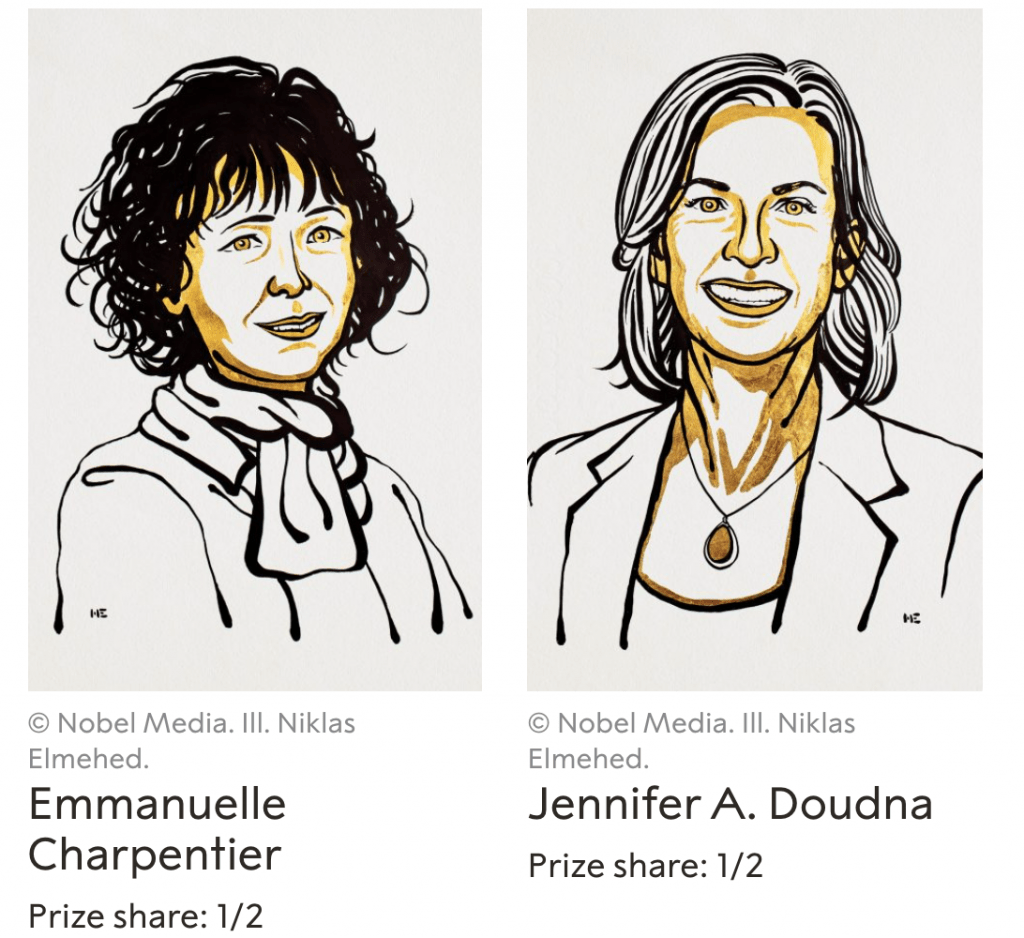

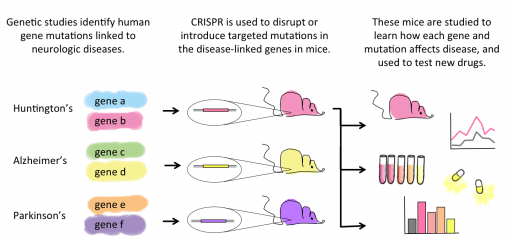
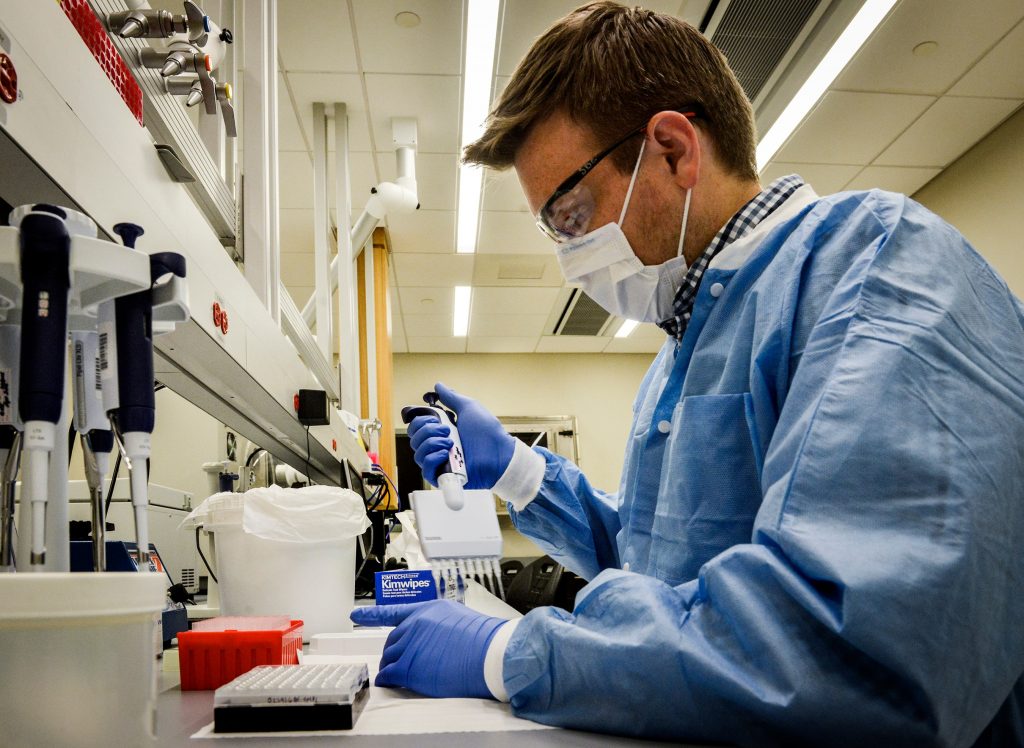

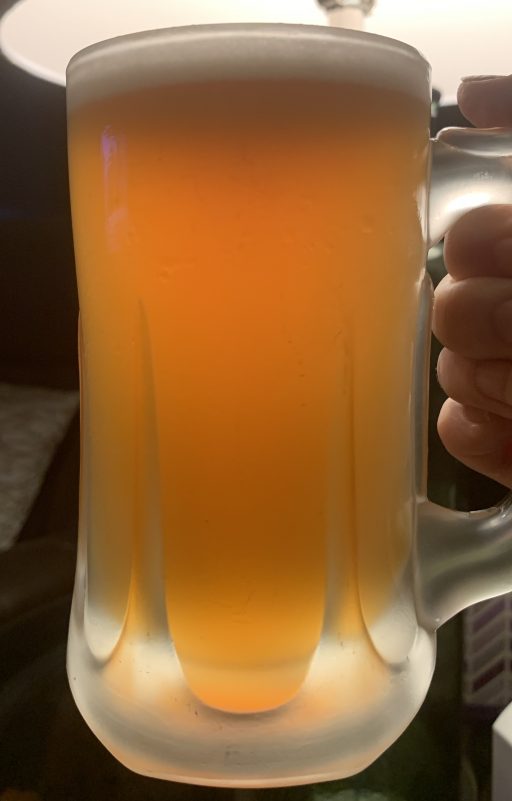
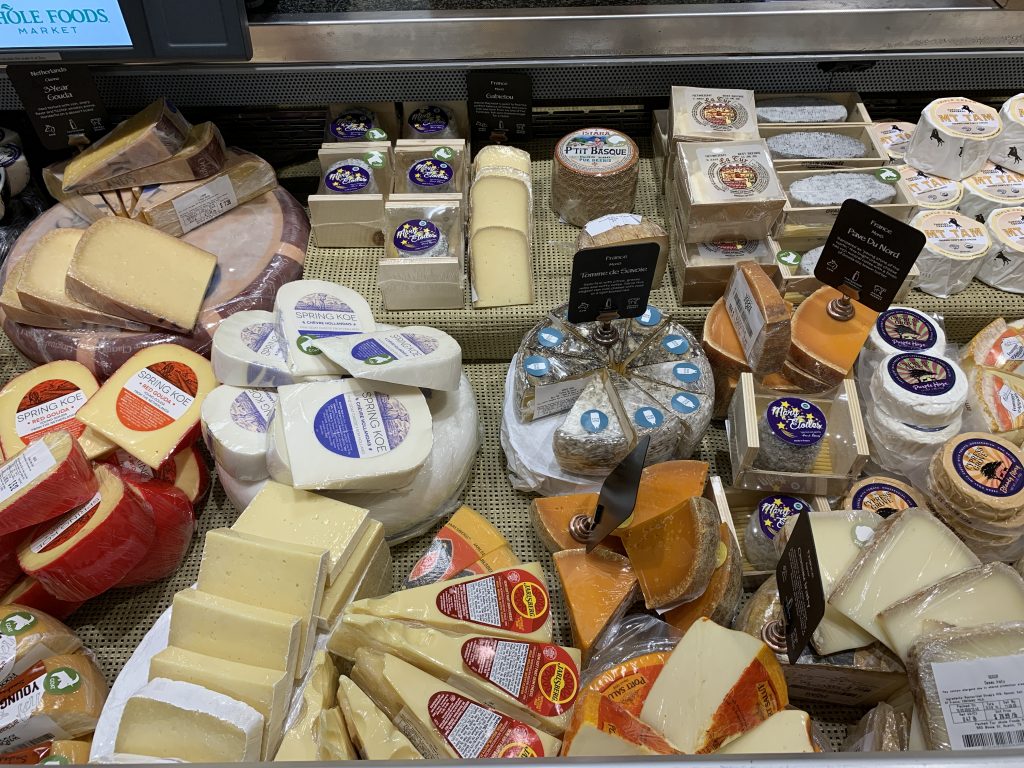


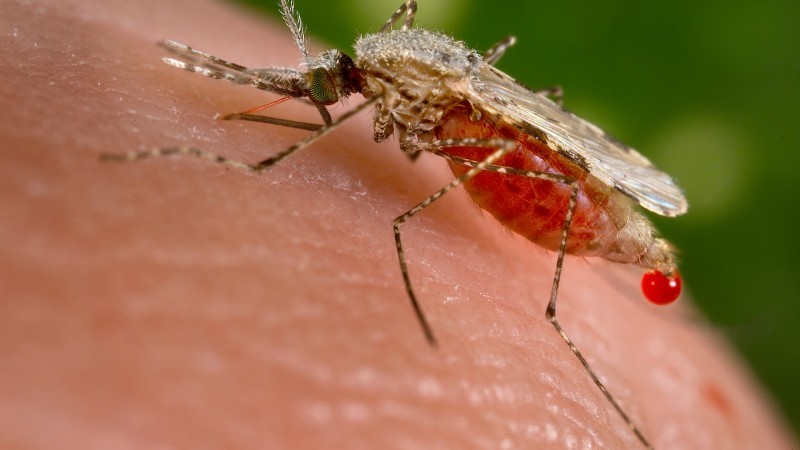
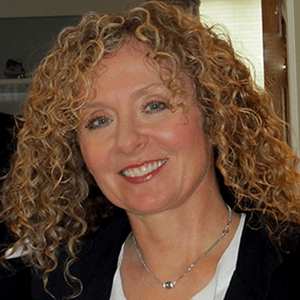
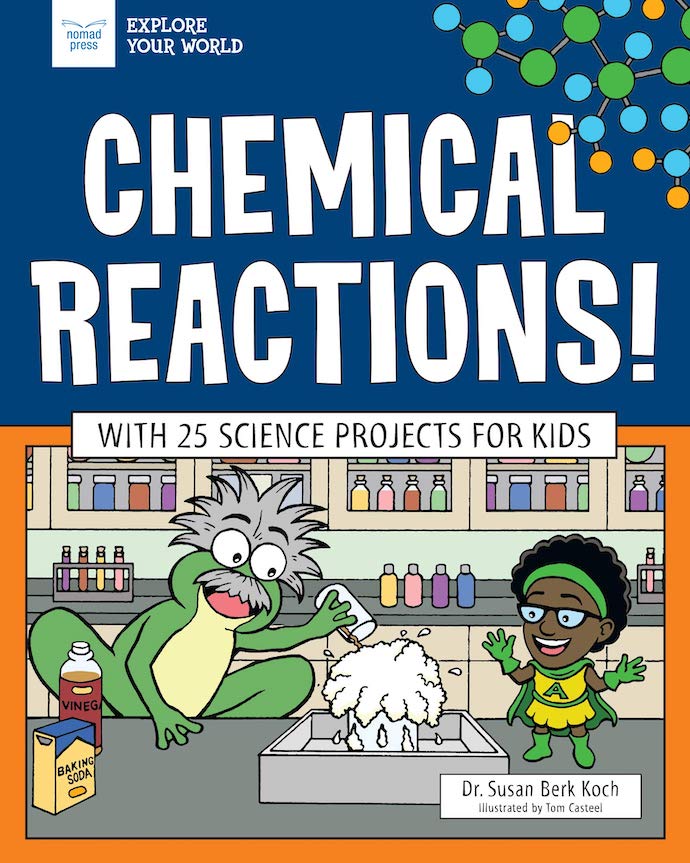
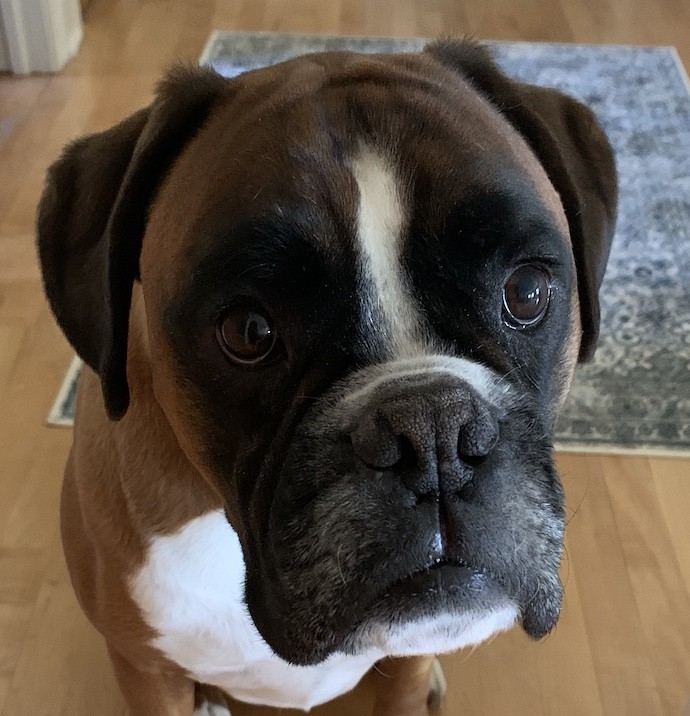
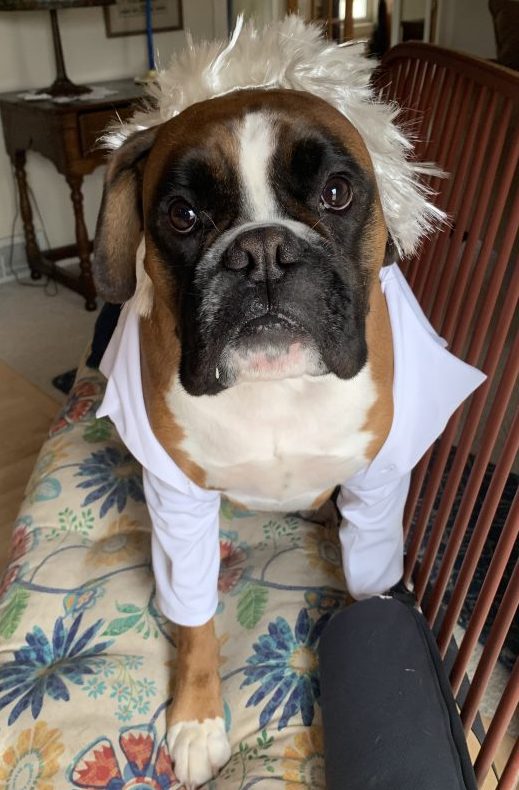
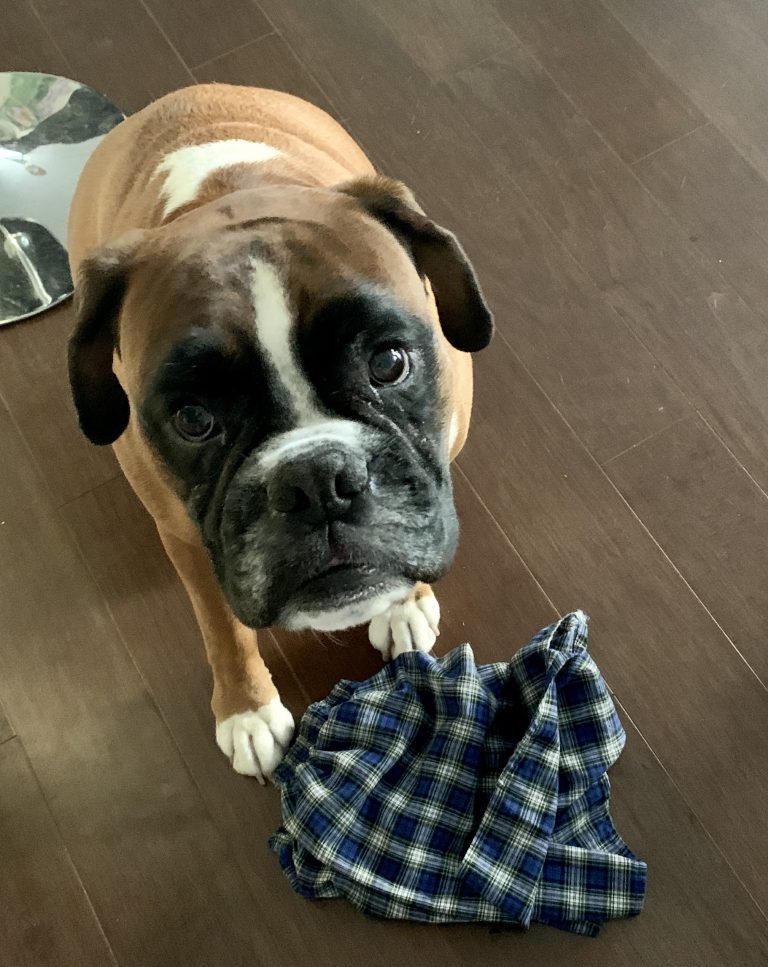
This is a seriously important medical advance. Have seen the pain and suffering in people suffering with sickle cell disease. Congratulations to the two women scientists. I think it’s probably too late but I wish I could’ve been used to make me taller. Maybe in another lifetime. Mike
It is important, though maybe not for height!haha Curing sickle cell would be amazing. Thanks so much!
This is seriously good writing about a topic that I have already read quite a bit about lately, but nothing this concise and thorough. Good job.
Thank you so much!
It’s people who understand processes such as this that will get us out of our current crisis, so as long as it is regulated so something like designing babies isn’t possible, I’ll all for it.
Exactly! Thanks, Amy.
I’ve read about people who have tried to gene hack themselves using this method and it didn’t seem to work, so I guess there’s still a lot of work to be done. To get around that issues, didn’t a Chinese scientist gene hack two embryos, causing a huge outrage?
Yes, the scientist got into a lot of trouble and is serving a prison term. The science is amazing and far more accessible so there will be issues. I even found an online website selling CRISPR and vectors to anyone! I was tempted to proceed, just to see what would come in the mail. HA Thanks.
Hi Sue,
This was such an amazing read! It’s mind-boggling to think that we have the technology to eliminate inherited disease, produce disease-resistant crops and so much more!
I just hope no one else decides to use it for unsafe human experimentation. That is a worrying thought!
I had to laugh at the photo of Louie with his “genetic scissors”. 😂
Thanks for the informative post!
Bianca xx | missmonro.com
I’m also amazed with this important science! Imagine disease or drought resistant crops!? And eliminating inherited disease! Yes, Louie isn’t quite ready to participate just yet! Ha Thanks.
Thanks so much for writing about this Sue! I hadn’t had the chance to read up on it yet. Very ground breaking stuff although I will admit that when I heard the nobel prize was for gene editing I totally thought of all those sci-fi movies. 🤦🏻♀️🤷♀️
It’s true; science fiction often proceeds fact. It is ground-breaking and amazing, I agree. Thanks, Clarissa!
This is incredible — what amazing advances!
Definitely! And thanks.
I learned something new here! 🙂
Glad to hear! Thanks so much.
This is really interesting, I had no idea about any of this
Thanks. I’m happy that you know now!
Sometimes you read something and think no way, that’s just science fiction. So to find out that this is real, going on today, and all the massive potential benefits is just mind blowing. I’ve never heard of CRISPR but no wonder they won the Nobel Prize! Fascinating read.
It does sound like sci fi! I agree; it’s mind blowing what scientists have accomplished, with more to come. Thanks so much, Lisa.
Hey Sue, you raise many positives regarding crispr in this blog post, but I think there are many ethical concerns behind the technology as well.
There are many hypothetical scenarios we have yet to untangle and create institutional safeguards for. For instance, if a baby is born mutated because of crispr, how do we move forward? Who is responsible for the baby’s upbringing? If we detect anomalies in a gene-edited fetus, do we allow the baby to come to term, or do we ‘discard’ the baby as a failed experiment?
It would be great if you can write a post that delves more into the ethical concerns of crispr. THAT would make for an excellent and thought-provoking read. (drop me a DM or an email if you do, I would love to read it!)
Nevertheless, this blog post is excellent for anyone who has no clue what crispr is. Thanks for sharing!
Great idea about the ethical concerns! Right now, no one would approve genetically altering fetuses –look at that scientist from China–but what if they did? We’d have super heroes or maybe super villains. It would make for a fun post, thanks for the idea!
Yea, and there are ethical concerns regarding crispr and creating Super animals as well, I believe. It’s scary how science is advancing at a faster pace than our legal institutions can keep up with. Can’t wait to read your blog post if you decide you write it. All the best!
I may investigate animals first! I’d love to have another Louie! ha Thanks.
Wow! This is an interesting post. Who knew that something so seemingly small can make big changes.
I’m happy that you found it interesting! Thanks so much.
This was such an interesting post to read. I’d never even heard of CRISPR before let alone what it meant.
I’m happy that you found it interesting! Thanks so much.
This sound amazing. I hope this will be used to cure diseases and also Corona virus. Congratulations to the two women who worked so hard and Thanks to you, for sharing this amazing news… In the midst of chaos this is some hope to look forward to. ❤️
I like reading about more positive news, too, which is why I wanted to share this important science! Thanks so much!
I briefly heard about this in a podcast last week! Thank you for staving my curiosity!
Oh, interesting about the podcast, It’s important science so I’m not surprised. I’m happy to have helped stave your curiosity! Thanks.
I didn’t know about this but I’m glad I learned something. Well written.
Thank you so much!
I’m not very left-brained and often science goes right over my head but you explained this very well! So interesting. Once I understand, I find these things fascinating!
I’m happy to hear that I did a good job explaining! It is fascinating, I agree. Thanks, Jenny!
This was an interesting read! I’ve never even heard of this before – thanks so much for sharing and educating x
http://www.dellalovesnutella.co.uk/
You’re welcome! And thank you!
Thank you for sharing this and the information. Spreading awareness!
You’re welcome. Thanks so much!
Fascinating, I knew about this but not the full details about how it works or the development. It is worrying if you think about the potential damage it could cause too though x
Sophie
True, the ethical controversy is a factor we need to keep an eye on. Thanks so much!
So informative! I learned so much from this post, it’s filled with lots of great information. I don’t think I’ve heard of CRISPR before but wow what a creation
I’m pleased that you found my post informative! The science is mind-boggling, I agree! Thanks so much.
I never would have searched for information on this on my own, but I am so glad I came across your post. This is such an interesting topic. My brain is swimming with all of the possibilities this new technology might bring in the future.
My brain is swimming, too! It’s rather amazing. Thanks so much, Brooke!
Wow. Really insightful post.
Thank you!
Really insightful post. I haven’t heard of the term before now.
I’m happy that you stopped by! Thanks!
To me this is better than magic. I am amazed that someone figured this out.
I’m amazed, too. Science is better than magic because it’s real! Thanks so much.
I’ve never even heard of CRISPR, a mouthful is an understatement haha! I absolutely love science that so complex like this, it really is just mind-blowing to read about, especially when I don’t know much about the field. Great post and thanks for sharing!
Anika | chaptersofmay.com
I agree; complex science is mind-blowing, especially with practical applications! I’m glad you liked it. Thanks so much!
That is definitely intriguing! Love that article.
I’m happy you love my article post! Thanks.
That is very interesting stuff!
Thank you!
Oh yea. I know what it is. But reading it in detail a science class is another. Genetic alteration is to reduce the disease like the crops. But really j was scared for the genetic babies when i heard of that. I mean. I would like things as they are. Alterations and modifications have consequences. Just like in movies. Scares me. Great great great post. Xx
Isa A. Blogger
https://www.lifestyleprism.com/
It’s true that there are negatives to any new medical advances. That said, I am optimistic that CRISPR will be a boon to our society. Thanks so much, Isa!